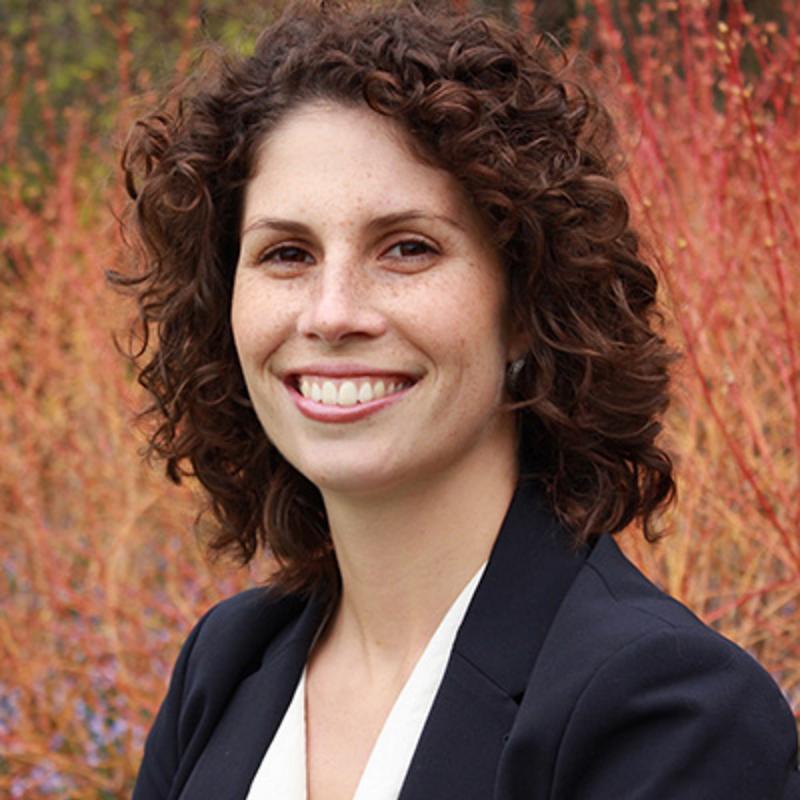Breadcrumb
Alexandra Readhead, MPP Class of 2014, is an expert in international taxation and the extractive industries. Her work focuses on tax avoidance by multinational mining companies in developing countries.
Alexandra’s interest in the area of natural resource taxation began when working in the development sector prior to joining the MPP. As an advisor to the Chief of Staff in the President’s Office, Government of Sierra Leone, she became aware of the critical importance of mining revenues to resource-rich developing countries struggling to find the means to deliver vital public services.
“I felt that we were treating the symptoms of the problem, rather than tackling the root cause – weak domestic revenue mobilisation. It became clear to me that multinational tax avoidance, combined with inadequate laws, and weak tax administration, was preventing governments from generating revenue. I joined the MPP to get a better understanding of policymaking process, so that I would be better placed to find ways in which countries can ensure that taxes from oil, gas and mining organisations are collected and used for the public good.”
The Blavatnik School faculty was a big draw for Alexandra, and she was able to have regular meetings with experts in the field. The course also provided her with the academic and research foundations required for her career move, as well as an understanding of the policymaking process.
“The research I undertook during the MPP Summer Project set me up to change jobs and do what I do now. I also found it valuable to learn about the different aspects of policymaking; it gave me a context in which to situate more detailed technical knowledge.”
Currently, she is a technical advisor to the Intergovernmental Forum on Mining (IMF), a global body with 63 members, all of which are mining countries. She leads a joint programme with the OECD to address tax base erosion and profit shifting in the mining sector in developing countries, providing guidance on the different causes of revenue loss, and tools to combat them. “The overall aim of the programme is to help countries develop and enforce policies to decrease loss of revenue in this sector. It’s the challenge of theory versus practice: you can have perfect tax policy, but you need to actually implement it.”
She has provided advice directly to tax authorities in many African countries and developed a toolkit for transfer pricing risk assessment in the mining industry. She has also taught high-level practitioners from the extractive industries on executive education courses, including the ‘Oil Gas and Mining Governance’ course at the Blavatnik School of Government, in which she delivered a module on tax administration.
This is a growing area of research and Alexandra sees great demand for the work done by advisors such as herself.
“Every year, new tax scandals are exposed. Governments are increasingly concerned about multinational tax avoidance, so there’s a lot of interest, especially in developing countries. It’s something I’m really passionate about. If you can make changes to stop revenue being lost, you can have a big impact on developing countries’ abilities to provide public services, helping to break the cycle of poverty.”
You can find out more about Alexandra’s work on her website.
March 2018

